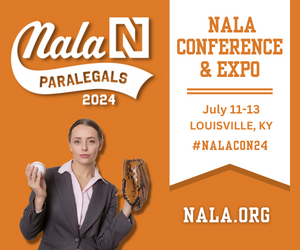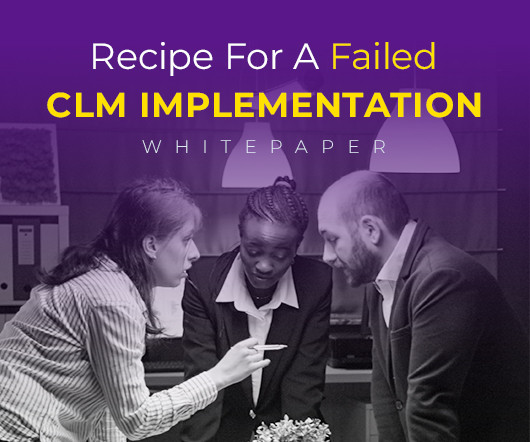FCC Finds Randall Terry Entitled to Reasonable Access to Buy Time on DC TV Station - and Defines the Geographic Scope of Access Obligations for Political Candidates
Broadcast Law Blog
OCTOBER 31, 2012
The FCC today acted on a reasonable access complaint by Randall Terry against a Washington DC television station, ordering the station to sell commercial time to his campaign as he is on the ballot as a legally qualified candidate for President in the state of West Virginia. The decision was based on the Commission's finding that a portion of the station's noise limited service contour ("NLSC") encompassed a county in West Virginia.































Let's personalize your content